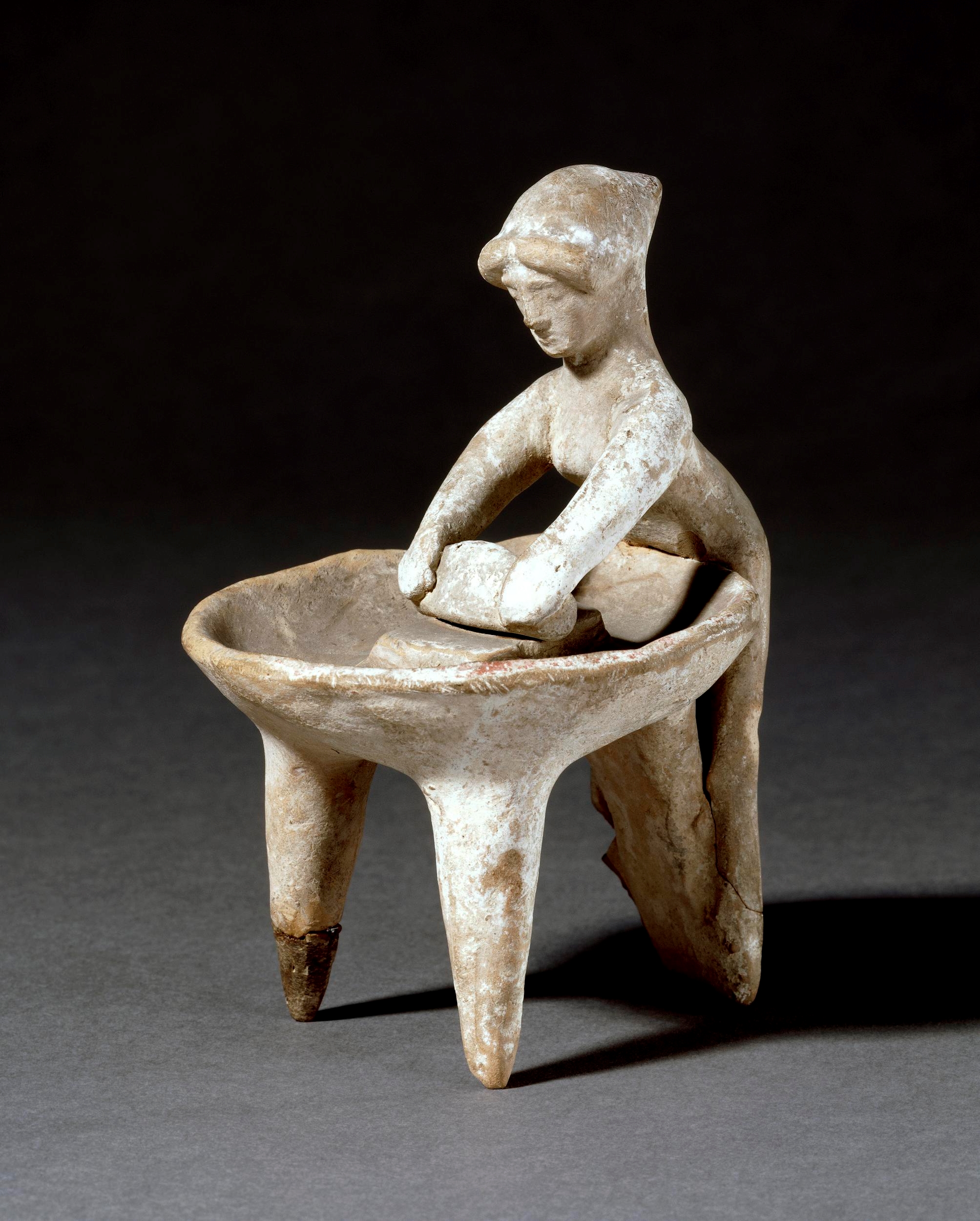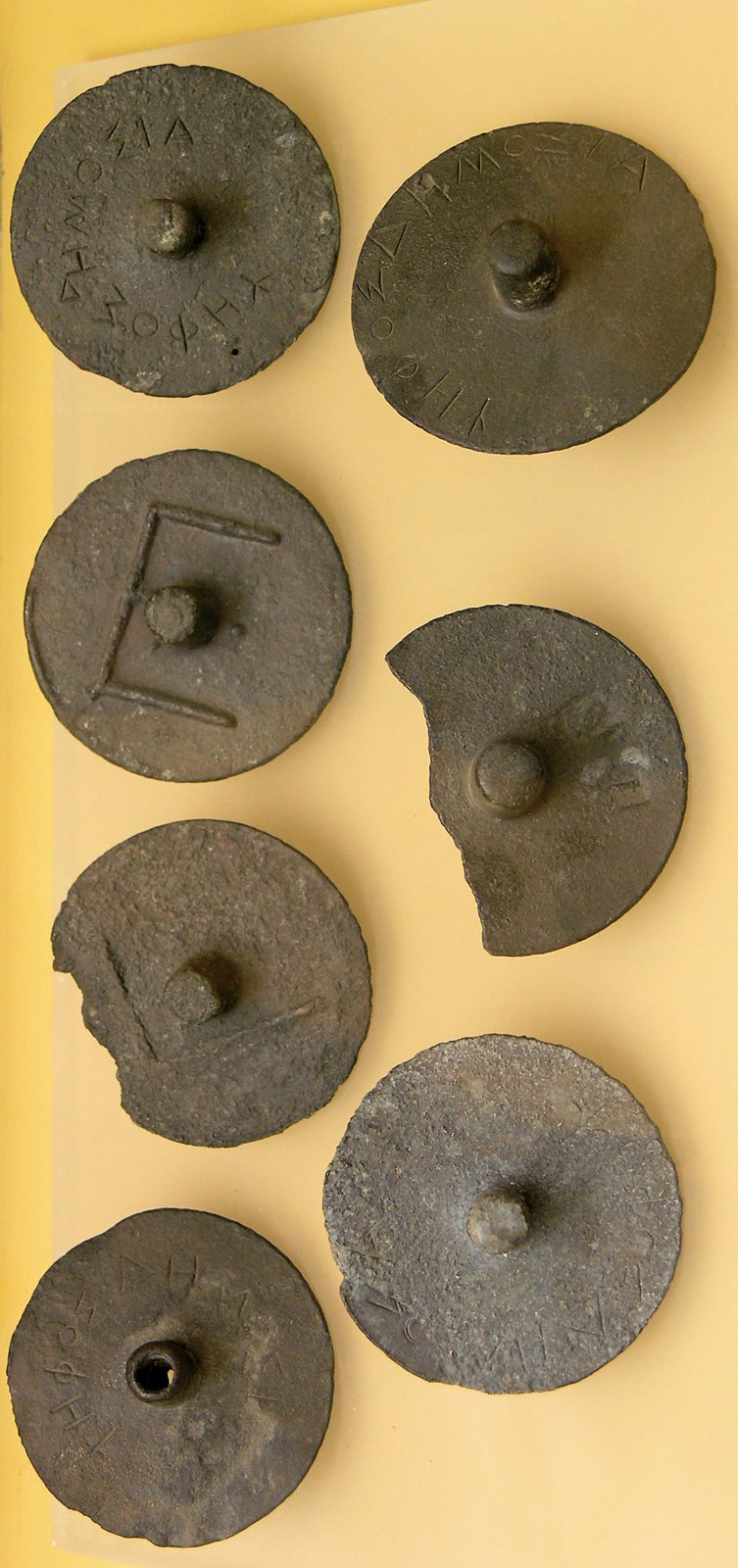April 23-26: Mitchel Lecture Series featuring Sara Forsdyke
Mitchel Lecture Series
Featuring Sara Forsdyke, Josiah Ober Collegiate Professor of Ancient History at the University of Michigan
Presented by the Department of History, sponsored by the Kinder Institute on Constitutional Democracy
April 23-26
- April 23: Women and Slavery in Ancient Greece
6-7 p.m. in Leadership Auditorium
Open to the public - April 24: Democratic Origins: Juries and Democracy
4-5 p.m. in 001 Switzler Hall - April 25: Jury Size, Random Selection and Diversity
4-5 in 101 Switzler Hall - April 26: Democracy, Juries and the Rule of Law
3:30 p.m. in 410 Jesse Hall
Women and Slavery in Ancient Greece
The voices and lives of women in ancient Greece are often hard to grasp due to lack of sources. Surviving texts are mostly written by men, and, even when these texts feature female characters, women are mostly represented from a male perspective. One exception to this generalization is a large and rich body of texts known as the Delphic manumission inscriptions. These texts document the grants of freedom to enslaved persons and - remarkably - most of them concern enslaved women. This lecture will examine what we can learn about these enslaved women from these inscriptions, and will show that enslaved women often negotiated skillfully with their enslavers to secure not only their own freedom and that of family members but also an array of other rights including legal recognition of their ownership of property.
Seminar Series: Democratic Justice
Juries and Democracy in Ancient Greece and Contemporary America
The ancient Greeks are often credited with the invention of democracy, a political system that – at least until recently – many modern states have striven to attain. What is seldom acknowledged, however, is that at the same time as the Greeks created the world’s first democracy, they also invented trial by jury of peers. Since the ancient Greek jury bears little resemblance to the modern one, however, the essential similarity of the two in terms of providing a democratic voice in decisions of justice often goes unnoticed. This seminar series will explore the close relationship between democracy and the jury trial in ancient Greece and will argue that juries are essential to democracies in two ways. First, juries are vital for the realization of the equal protection of the law for all citizens. Secondly, juries are a key forum for the active engagement of citizens in democratic decision-making. I will suggest that these points have bearing on current debates about criminal justice and democratic engagement in America today.
Seminar 1: Democratic Origins: Juries and Democracy
This seminar will trace the simultaneous emergence of democracy and the jury trial in ancient Greece, and show how trial by jury was tightly connected with ideals of the equal protection of the law and citizen equality in a democracy.
Seminar 2: Jury Size, Random Selection and Diversity
This seminar will focus on the institutional design of the ancient Greek jury. I will show how two features of the ancient jury – its large size and its random selection from a representative cross-section of the citizens – aimed to achieve decisions that were both impartial and just in the eyes of the community as a whole.
Seminar 3: Democracy, Juries and the Rule of Law
Ancient juries had full power to decide both questions of fact (guilt or innocence) and law. This seminar will explore the question of whether a justice system that relied entirely on ordinary citizens could achieve the consistency that is required for the rule of law.

